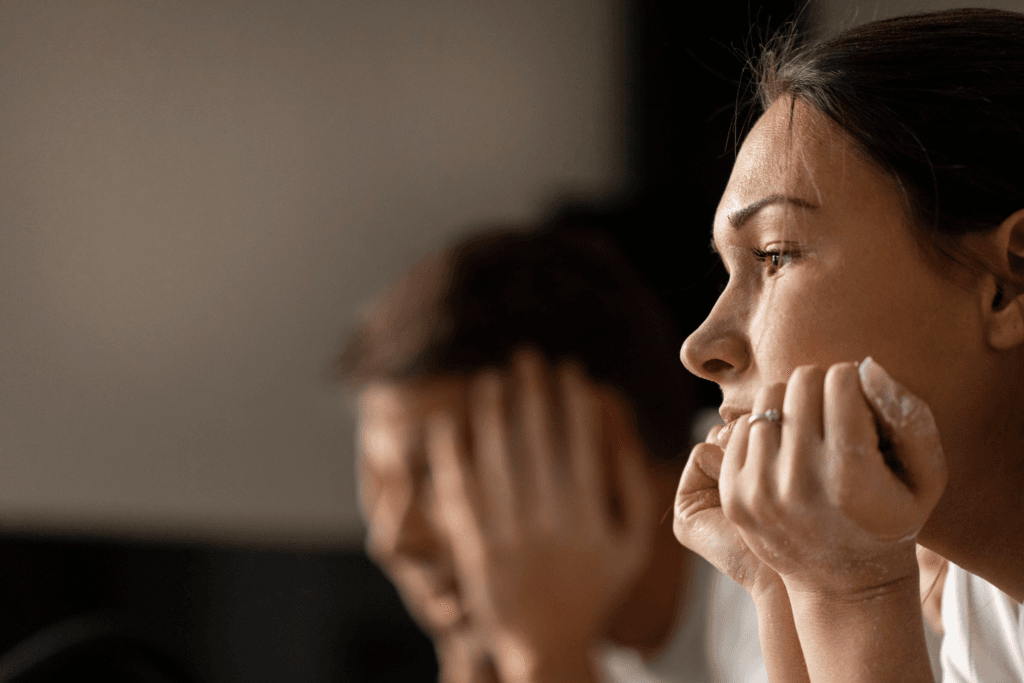Vaginal Candidiasis (Thrush) Testing & Treating at OneMedicine
West Midlands
Vaginal candidiasis—commonly known as thrush—isn’t classified as a sexually transmitted infection (STI). While it can sometimes be triggered by sexual activity, it’s usually caused by an overgrowth of Candida, a yeast that naturally lives in your body. Hormonal changes, antibiotics, or a weakened immune system can all contribute to its development.
The good news? Thrush is common, easily treatable, and can affect women whether they’re sexually active or not. Unlike STIs, it’s rarely passed between partners.

Same Day Appointments
Fast, Discreet, Comprehensive Consultations
Candidiasis is an infection caused by the yeast Candida, which naturally lives in small amounts in various areas of the body, including the mouth, throat, gut, and vagina, without causing harm. However, under certain conditions, Candida can multiply and lead to an infection. Factors such as hormonal changes, medications, or a weakened immune system can make a yeast infection more likely. Vaginal candidiasis, often referred to as a yeast infection, is the result of an imbalance that allows Candida to overgrow in the vagina.
Candidiasis is an infection caused by the yeast Candida, which naturally lives in small amounts in various areas of the body, including the mouth, throat, gut, and vagina, without causing harm. However, under certain conditions, Candida can multiply and lead to an infection. Factors such as hormonal changes, medications, or a weakened immune system can make a yeast infection more likely. Vaginal candidiasis, often referred to as a yeast infection, is the result of an imbalance that allows Candida to overgrow in the vagina.
Vaginal candidiasis is very common, and certain factors can increase the likelihood of developing it, including:
- Pregnancy
- Use of hormonal contraceptives (e.g., birth control pills)
- Diabetes
- A weakened immune system (due to conditions like HIV or medications such as steroids or chemotherapy)
- Recent use of antibiotics, which can disrupt the balance of healthy bacteria in the body
Wearing breathable cotton underwear and avoiding tight clothing may help reduce the risk of developing a yeast infection. If you are taking antibiotics, ensure you take them only when prescribed by your healthcare provider, as they can sometimes lead to candidiasis by disturbing the natural balance of bacteria in the vagina.
What are the steps?
1. Book an appointment
2. Get seen by a doctor
3. Do the test

Yeast Infection Symptoms: What to Look Out For
Some common symptoms of a vaginal yeast infection include:
- Vaginal itching or soreness
- Pain during sex
- Discomfort or burning when you pee
- Thick, white discharge
In more severe cases, you may also notice redness, swelling, or small cracks in the skin. If any of these symptoms sound familiar, don’t worry—you’re not alone, and help is always available.
It’s a good idea to contact a healthcare provider to confirm the diagnosis and get the right treatment, so you can feel comfortable and confident again.
How Is Vaginal Candidiasis Diagnosed?
Diagnosing vaginal candidiasis is simple and straightforward. We analyse a small sample of vaginal discharge that is collected with a swab.
It’s also possible to have Candida present without symptoms. Don’t worry— we will help figure out if it’s the cause of your discomfort and make sure you get the right care to feel better soon.
What We Test For: Vaginal Candidiasis (Thrush)
We use a vaginal swab to check for signs of a yeast infection, most commonly caused by Candida albicans.
Our testing includes:
Microscopy – your sample is examined under a microscope for fast, same-day insight
Culture – the sample is grown in the lab to confirm the yeast type and detect any overgrowth
✔ Results typically within 24 hours
✔ Accurate diagnosis
✔ Helps guide the right treatment
If you’re experiencing itching, discharge, or irritation, this quick and reliable test can help provide the clarity and care you need.
Treatment for Vaginal Candidiasis: Simple and Effective
Treating vaginal candidiasis is usually quick and easy with antifungal medication, which can be taken as a pill or applied directly to the affected area. For many, a single dose of oral fluconazole does the trick.
If your infection is more severe or keeps coming back, we may recommend additional treatment, such as:
- Extra doses of fluconazole
- Antifungal treatments like boric acid or nystatin, applied inside the vagina
Don’t worry—we’ll work with you to find the right treatment and help you feel like yourself again in no time.
Book your test now!
If you suspect you may have vaginal candidiasis or have experienced recurrent symptoms, schedule a consultation with a healthcare provider. Early treatment can prevent complications and help you maintain your vaginal health.
















